What is DevOps?
There are two definitions for the term DevOps:
- A broader definition, which has remained largely consistent since the term’s introduction around 2003, says that DevOps is a set of cultural principles centered on the concepts of cross-fertilizing expertise between development and operations teams.
- A more specific definition is that DevOps is the engineering discipline responsible for the design, implementation, and management of the continuous delivery pipeline, which more recently has also subsumed responsibility for container design and management.
With our DevOps consulting company offering, we ensure accelerated deploy cycles by automating CI/CD pipeline and software delivery DevOps principles across leading cloud platforms.
What is Continuous Integration?
Continuous integration is a set of modern methodologies designed for automating the integration of code changes from multiple contributors into a central project repository.
Continuous integration most often refers to the build or integration stage of the software release process and entails both test automation (i.e. build automation tools) and DevOps culture (e.g. learning to integrate frequently).
With continuous delivery, code changes are automatically built, tested, and prepared for a production release. The key goals of continuous integration are to detect and fix bugs quicker, improve software quality, and reduce the time it takes to validate and ship new software releases.
What is Configuration Management?
DevOps starts and ends with configuration management. Software delivery process requires multiple environments for multiple purposes, starting from test automation (integration testing, acceptance testing) and ending with production release. Each of those depends on configuration items that may include source code, binaries, servers, cloud services, and databases.
Configuration management is all about automating repetitive activities in all those environments and serves four key purposes: consistency, security, and compliance.
With configuration management, you no longer guess or hope that a cloud computing configuration is correct. On top of that, it enables scaling of cloud infrastructure and software delivery without the need to grow cloud operations staff proportionately.
Configuration Management DevOps services:
- Configuration identification - DevOps consulting process of finding and cataloging cloud infrastructure configuration and continuous integration needs.
- Infrastructure as a Code and Configuration as a Code - DevOps development process of automating infrastructure provisioning through machine-readable definition files (stored in a version control system).
What is DevOps culture?
DevOps culture is all about a shared understanding between developers and operations and sharing responsibility for the software releases. That means increasing transparency, communication, and collaboration across business, development, and operations teams.
DevOps implementation is an organizational culture shift that emphasizes continuous learning and continuous improvement, through team autonomy, fast feedback, empathy, and cross-team collaboration.
A 2019 Gartner study “The Secret to DevOps Success” predicted that through 2022, 75 percent of DevOps initiatives will fail to meet expectations due to issues around company's organizational practices around learning and change. People-related factors tend to be the greatest challenges — not technology.
Our DevOps consulting services support the DevOps cultural change in your organization along with the DevOps tools as you progress towards DevOps principles and software development excellence.
What are the benefits of DevOps?
According to Google’s State of DevOps Report, based on 6 years of research and data from over 31,000 professionals worldwide, there’s a significant gap between top-performing organizations and those that have yet to successfully adopt DevOps strategy:
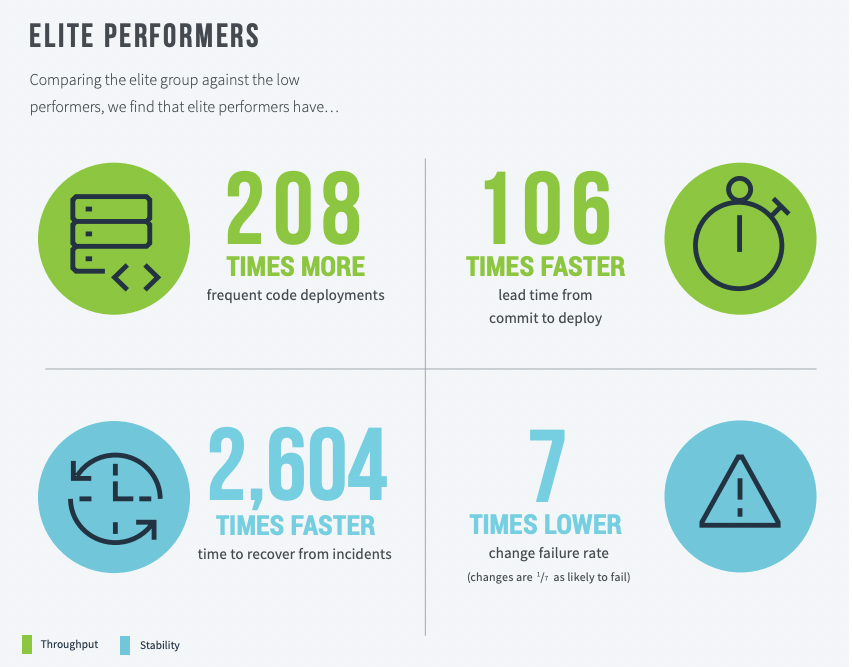
What are the DevOps challenges?
Many companies see DevOps as a challenge rather than an opportunity. An opportunity to boost your software development process. Adopting DevOps requires addressing challenges like:
- Resistance to change - DevOps consulting companies use innovative techniques to bring new DevOps tools, so people should be open to change.
- Environment provisioning - Often agile enterprise software development requires multiple staging environments for manual testing.
- Replacing or modifying older apps - microservices architecture opens up the doors to faster development and quicker innovation.
- No DevOps center of excellence - DevOps adoption requires building a team of pro-DevOps software developers who can work as influencers within the organization.
Our DevOps consulting services support the DevOps cultural change in your organization along with the DevOps tools as you progress towards DevOps principles and software development excellence.
What are the different types of DevOps consulting services?
There are three types of DevOps consulting services:
1. DevOps as a Service - DevOps launch consulting
DevOps as a Service is a software delivery model that facilitates cooperation between the development team and the operations team of an organization. DevOps consulting companies implement DevOps tools that cover cloud computing, continuous deployment, and infrastructure automation. The principal objective is implementing effective release management practices.
- Assessment and Planning - DevOps consultants create a roadmap to visualize the desired DevOps solutions and identify the steps to build a secure and efficient cloud operating culture for your teams.
- Pilot Framework Creation - Our DevOps consulting provides you with implementation blueprints based on the Five Pillars of AWS Well-Architected framework and architect a perfect DevOps platform.
2. Infrastructure Automation DevOps project
Infrastructure automation has a crucial role in eliminating manual errors while reducing dependency on humans to improve cloud security and infrastructure management. Moreover, DevOps consulting brings infrastructure automation to the entire CI/CD pipeline, and therefore software development life cycle.
Our DevOps agency automates each and every aspect of the infrastructure provisioning, including build, provisioning, automated tests, deployment, performance testing, and infrastructure monitoring.
3. End-to-end DevOps Culture implementation
DevOps consulting services can help you adopt DevOps Culture and bring innovation into software development and operations. DevOps consulting companies address cultural issues around collaboration and support and coach teams whose roles and responsibilities are affected by the DevOps transformation.


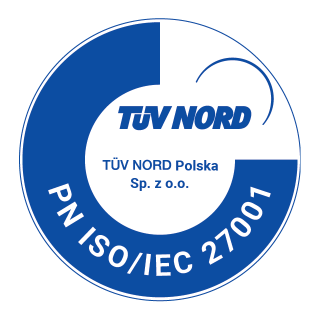
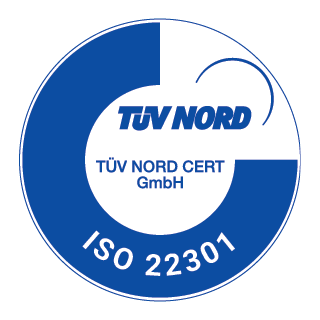
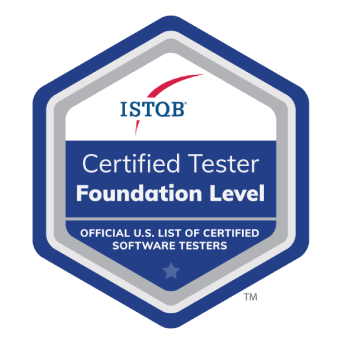
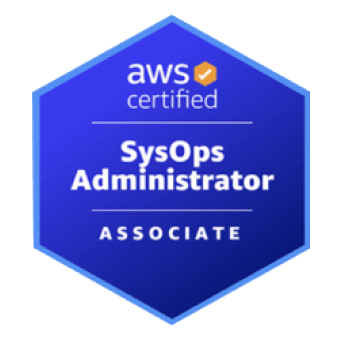
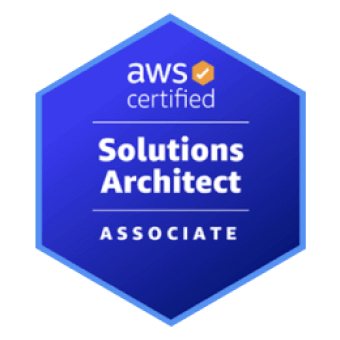

















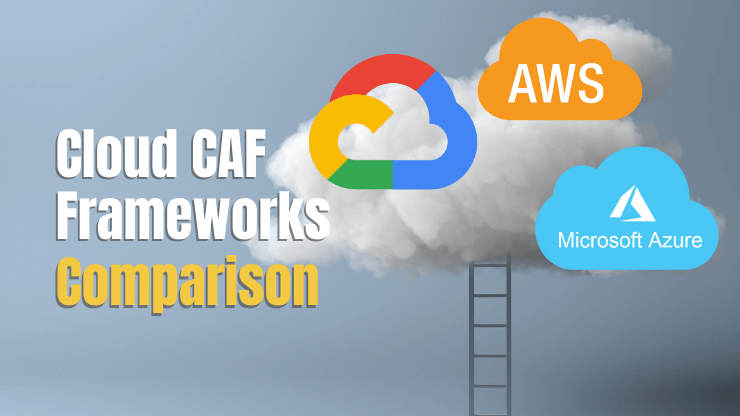
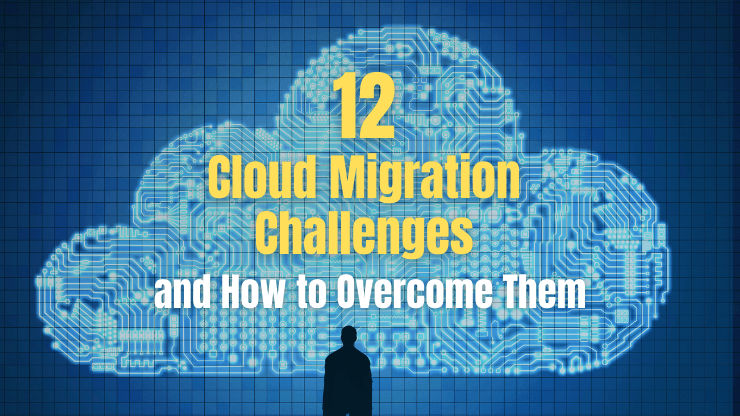
![AWS Security Incident Response Plan [Practical Guide]](/uploads/aws-security-incident-response-plan.png)